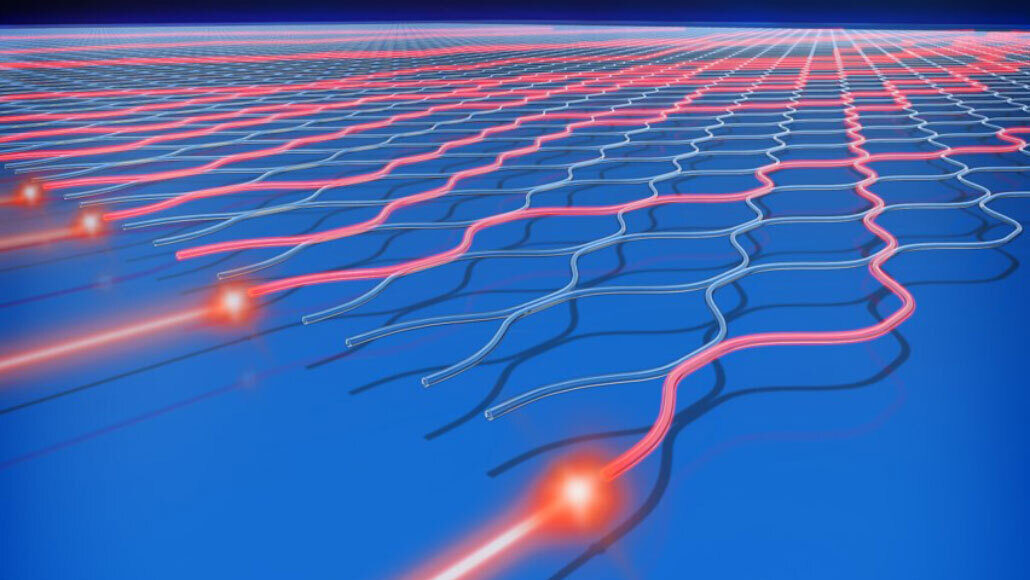MI weekly selection #400

Unique electron bursts observed by space probes
Probes from NASA’s Voyager spacecraft have detected a peculiar type of electron burst in a quiet region of space. The unusual thing about the bursts is that they appear to precede shock waves significantly in what study co-author Don Gurnett has called “a brand-new mechanism.”
Quantum supremacy reached by photonic quantum computer
A quantum computer based on photons has achieved quantum supremacy by completing an esoteric calculation normal computers cannot. The achievement does not necessarily prove the usefulness of quantum computers, but physicist Christian Weedbrook says the research raises the profile of photonics.
Trips to Ryukyu Islands likely intentional
Humans likely intended to migrate to the Ryukyu Islands 35,000 years ago and didn’t drift there by accident. Researchers charted the movements of buoys equipped with satellite technology to see if travel to the islands could have been unintentional, but most buoys weren’t able to reach the island.
SARS-CoV-2 viral load dynamics
An analysis has found that SARS-CoV-2 viral load in the upper respiratory tract tends to peak in the first week of illness, suggesting that people with COVID-19 are more infectious two days before their symptoms emerge until about five days after. The study also found that most asymptomatic COVID-19 patients carry the same viral loads as those experiencing symptoms, but asymptomatic patients were able to rid SARS-CoV-2 quicker than those who are symptomatic.
Alzheimer’s may be predicted by adverse financial events
People with Alzheimer’s disease and related dementias have increased odds of missing credit account payments as early as six years prior to diagnosis, and had a higher likelihood of having subprime credit scores 2.5 years before diagnosis, compared with those without dementia. The findings “highlight a new source of data — consumer credit reports — that can help detect early signs of Alzheimer’s disease,” said researcher Lauren Hersch Nicholas.